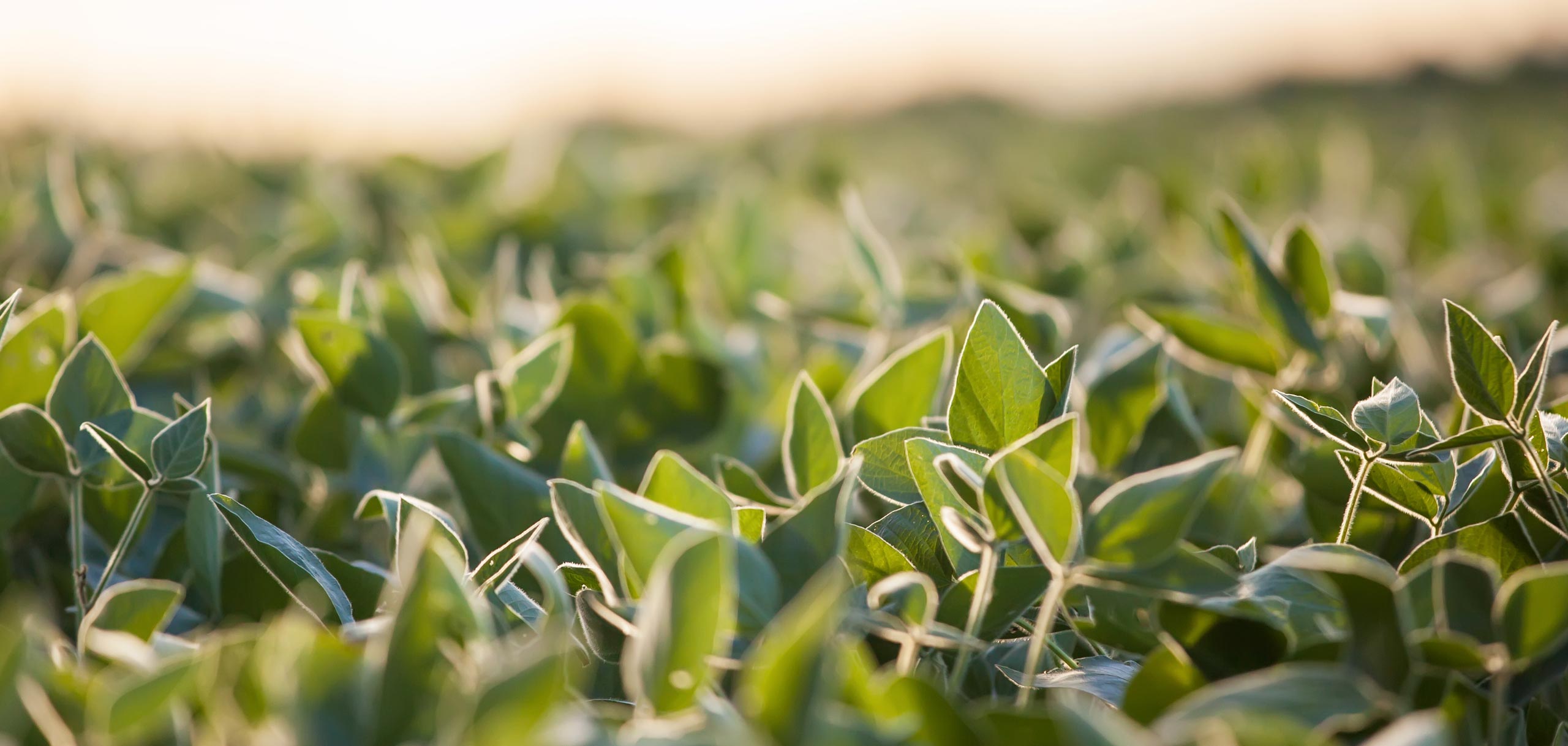USSEC Organizes ISA Mission to United Kingdom
- Category:
- General News
- Sustainability

A delegation from the Illinois Soybean Association (ISA) visited the United Kingdom for four days at the end of January. Included in the group were ISA chair Daryl Cates, vice chair Lynn Rohrscheib, treasurer Stan Born, and USSEC director Sharon Covert, along with six other ISA board members and four ISA staff, including CEO Craig Ratajczyk. The objective of the visit was to gather insights into the current dynamics of the soybean market in the UK and engage with industry contacts on issues such as Brexit, sustainability, and future U.S.-UK bilateral trade. Eugene Philhower, USSEC Representative - Northern Europe, developed the schedule and program in cooperation with USSEC consultant David Green of Greenhouse Communications.
The formal visit began with a dinner with Mike Hambly, chairman of the National Farmers Union (NFU) Combinable Crops Board, who farms in Cornwall, who provided useful and interesting insights. While agricultural producers in the UK and the U.S. face many of the same challenges, the political and social environments in the UK and European Union are very different, with more powerful environmental NGOs and retailers influencing both policies and the market.
The group visited Tithe Farm, a 450 ha. arable crop operation run by Jim Meadows and his son Mark. They saw firsthand winter rapeseed and learned about weed resistance, increasing limitations on pesticides use, and general uncertainties in the market. The group also visited with Camgrain, a storage and logistic farmer cooperative. On the same compound, a rapeseed processing plant to be powered by a woodchip biomass generator was under construction.




The group visited the headquarters of the UK National Farmers Union in Stoneleigh and received briefings from the NFU staff on the rapeseed market, innovation, Brexit and sustainability. There is a high degree of uncertainty of what Brexit will mean to producers, with the added complication that agricultural policy has been devolved to the four parts of the UK (Scotland, Wales, Northern Ireland and England). Also, the diversity of the British agricultural sector, with some producers very dependent upon exports to the continent and others less so, complicates the approach to be taken in the upcoming Brexit negotiations.
The following day at the hallowed Farmers Club in London, the group received a number of briefings: Mr. Green provided a briefing on the institutions of the European Union and provided status reports on biotech approvals and pesticide re-registration; Foreign Agricultural Service (FAS) - London provided an overview of bilateral trade between the U.S. and the UK and the uncertainties with Brexit and the new administration in the United States; Richard Whitlock, a British agricultural consultant, provided his views on the challenges ahead; and Keith Millar of the UK Food Standards Agency briefed the group on developments within the EU and the UK on animal feed.
This was a very educational trip for all of us. We learned of the similarities between U.K. and Illinois farmers, such as government regulations and challenges such as resistant weeds to control. However, one thing that all of us are in agreement on is how important trade is for everyone, now and in the future.
-ISA chair Daryl Cates



